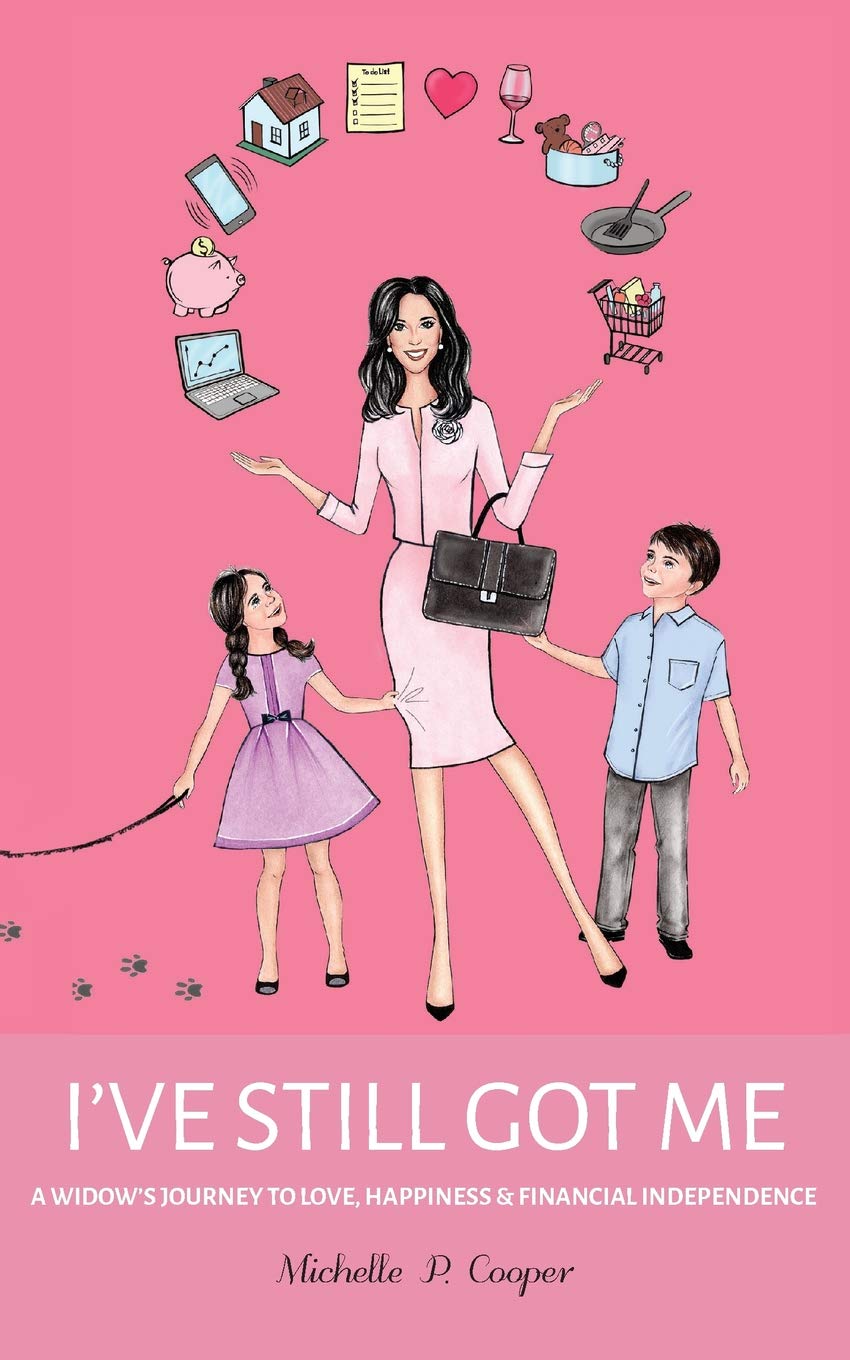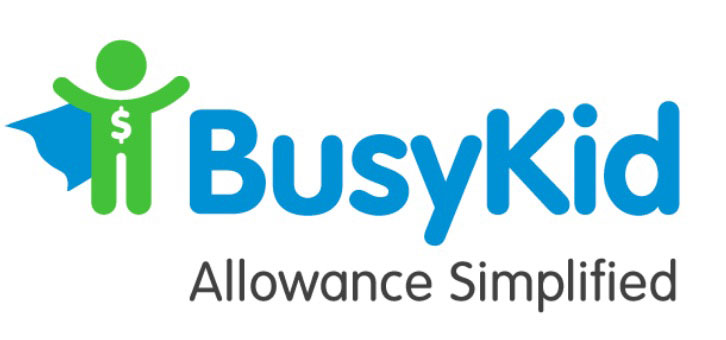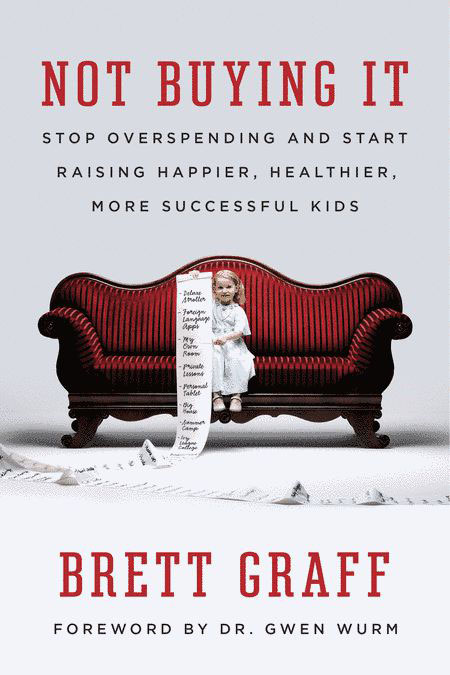Allowance is a tricky question. Based on my research, I do have some opinions in this area:
- Allowance is a great way to teach kids money management skills. We can’t expect kids to never manage their own money and then all of a sudden become experts. They need to make early, low cost mistakes in order to learn.
- Allowance can start as early as 2nd grade
- Amount: approximately $1 per grade or $1 more than the child’s grade (a 2nd grader can receive $2 or $3 and so on).
- Parents decide the amount and the philosophy: I feel strongly that allowance should be for spending, saving, and sharing. Parents should give kids ideas of what is appropriate (or not) for spending; should give kids a way to save money in a secure fashion, either at the bank or through a kiddie safe with a combination they control; and should encourage sharing (charity) at a young age. Your school may have programs in place; or, create a family charity jar, and make it an event to purchase supplies for a homeless shelter once the jar is full.
- Should allowance be tied to behavior or chores? Again, this is a debate, and different kids may require different systems, but I don’t recommend connecting allowance to chores or behavior. Here’s why: First, do Moms & Dads get paid for household chores? Second, family members help out because they’re a part of a family, a team. This isn’t a paid position! Finally, as the kids grow up, you won’t be able to afford the chores required! Set up the expectation that everyone helps early on, and you’ll instill good values and good helpers.
- That said, if you decide that chores should be paid for, there is a philosophy that rewards for children should be in sync with your family’s values. In other words, “pay” your kids in such a way that you’re supporting and enriching values. For some families, cash may be the way. For others, special time with Mom or Dad is valuable. We developed an Allowance Rewards Chart a while back that let the kids earn points toward special outings or deciding what was for dinner. It was less cash-intensive and more outing-focused. The kids loved it, but unless you’re fulfilling these obligations quickly, it loses the charm. We found with 3 young kids, it wasn’t very practical.







Leave A Comment